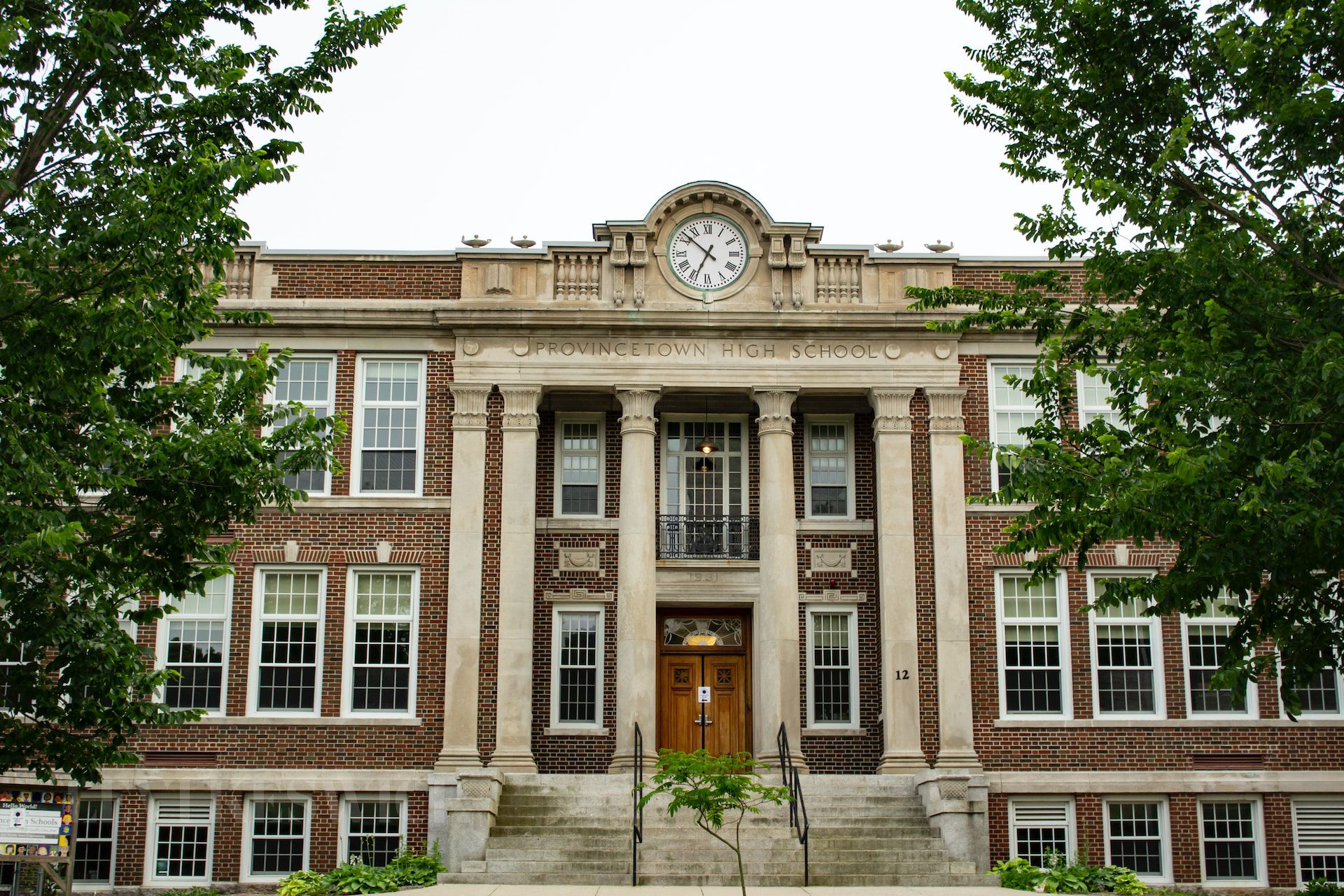Key Takeaways:
- The Caribbean education system’s structure starts primary education at age 5 or 6 and ends between ages 11 and 17 depending on the country.
- Caribbean boarding school students generally take standardized tests to transition into secondary education, with main focus areas being language arts, mathematics, science, and social studies.
- After 11 years of education, students sit for the Caribbean Secondary Examination Certificate (CSEC) which is critical for their academic and career paths.
- A high school diploma from a Caribbean boarding school is not equivalent to a U.S. high school graduation, but it allows access to employment and further vocational education in the Caribbean.
- Attending a Caribbean boarding school provides not just quality education but also a unique cultural experience.
The Structure of Education in the Caribbean
Understanding the Caribbean education system is crucial when considering boarding schools in the Caribbean. The age at which primary education begins varies slightly, starting at age 5 in English-speaking Caribbean countries and age 6 in the Netherlands Antilles. The end of primary education also ranges from ages 11 to 17 depending on the specific country.
Students generally take standardized tests at the end of the sixth grade of primary education to transition to secondary education. These tests focus on core academic areas like language arts, mathematics, science, and social studies. This focus on academics right from the early stages of education underscores the rigorous nature of the Caribbean education system.
Transition to Secondary Education and Beyond: The Role of the CSEC
The Caribbean Examinations Council (CXC) oversees the Caribbean Secondary Examination Certificate (CSEC), a crucial exam that students take after completing 11 years of primary and secondary education. Typically, students start preparing for the CSEC exams in Grade 10 and finish them by the end of Grade 11.
The CSEC plays a vital role in determining a student’s future academic and career path. A high school diploma from a Caribbean boarding school offers access to employment and further education in technical and vocational programs within the region. However, for further education within the Commonwealth, except for vocational studies, students need to sit for external examinations under the Caribbean Examinations Council.
Boarding Schools in the Caribbean: Variety and Opportunity
The appeal of boarding schools in the Caribbean goes beyond the educational aspect. Attending boarding school in the Caribbean is a dream for many students due to the unique cultural immersion it provides. This exposure can broaden students’ perspectives, fostering more open hearts and minds as they navigate their educational journey.
Boarding schools in the Caribbean offer a diverse range of options, catering to different educational needs and preferences. These include Christian boarding schools, Junior boarding schools, Therapeutic Boarding Schools, Co-ed Boarding Schools, All Girls and All Boys Boarding Schools, Military Boarding Schools, Private Boarding Schools, Day Boarding Schools, Weekly Boarding Schools, and International Boarding Schools.
Each of these school types offers distinctive experiences and learning environments, allowing students and their families to choose an option that best suits their needs and aspirations. For instance, students who require a more disciplined environment might opt for military boarding schools, while those looking for a more international experience might choose an international boarding school.
In conclusion, boarding schools in the Caribbean offer students a blend of rigorous academics, diverse learning environments, and unique cultural experiences. Despite the differences with other educational systems such as the U.S., the Caribbean education system prepares students for a range of future opportunities, whether it’s further education, vocational training, or employment within the region. The breadth of options available in terms of the type of boarding schools also ensures that students can find an environment that truly suits their individual needs and goals.








